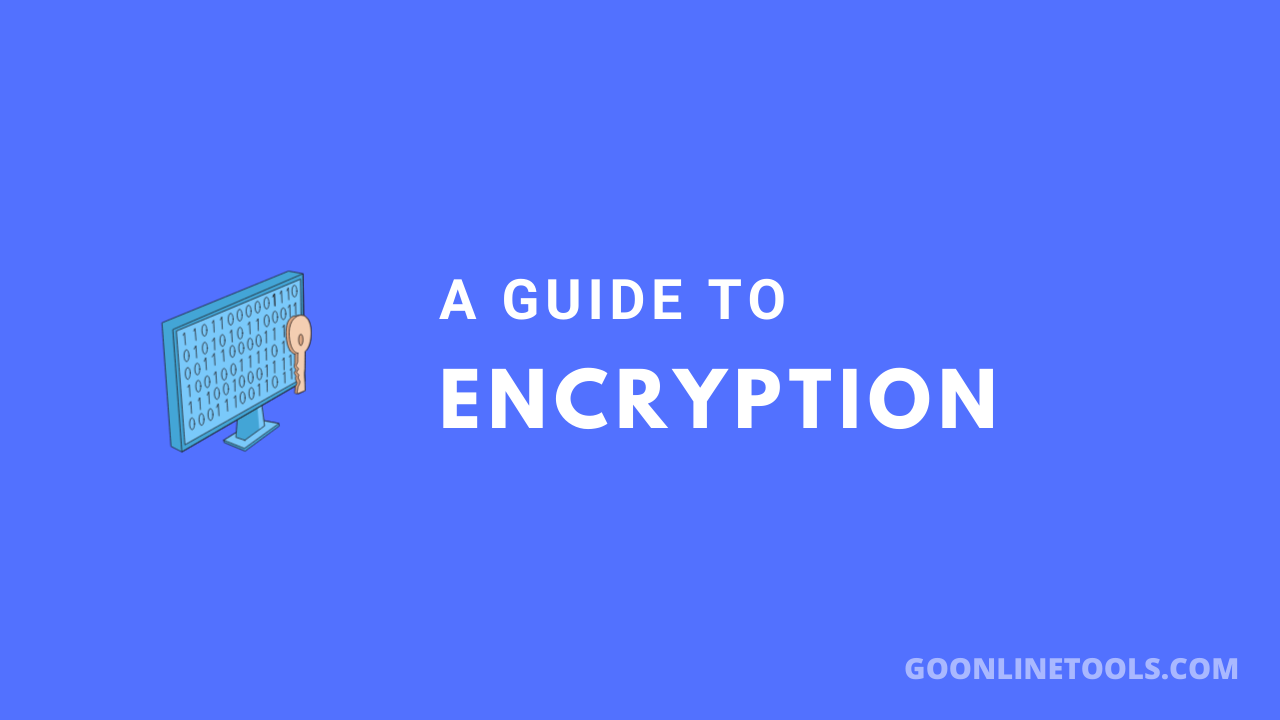
Cybersecurity is no longer optional—it’s a necessity. As digital threats grow more sophisticated, ethical hacking has become a crucial skill for protecting systems and data from malicious actors.
The best part? You don’t need expensive ethical hacking software to get started. There’s a wide range of free ethical hacking tools available to help you learn penetration testing, assessment of security vulnerabilities, and continuous monitoring defense.
Whether you’re a beginner or an experienced professional, this guide will introduce you to essential free tools that can sharpen your cybersecurity expertise. You’ll discover how to use them responsibly to identify weaknesses, strengthen security, and stay ahead of cybercriminals.
1. The Ultimate Operating System for Security Testing
One of the most widely used platforms for ethical hacking is a Linux-based operating system designed specifically for remote access penetration testing. It comes pre-loaded with hundreds of application security testing tools, eliminating the need for manual installations.
You can run it directly from a USB drive, use it in a virtual environment, or install it on your machine. It includes a wide variety of tools for network scanning, password cracking, and digital forensics focusing on dictionary attacks. All of those make it among the top red teaming tools for cybersecurity testing available.
2. A Powerful Framework for Exploit Development
If you want to understand how attackers exploit vulnerabilities, a popular open-source framework is an excellent place to start. It allows you to simulate cyberattacks from malicious hackers, test rogue access defenses on different IP addresses, and validate security weaknesses.
The tool includes a vast database of known exploits, helping you assess how systems can be compromised. It’s widely used in cybersecurity training and real-world penetration testing.
3. The Gold Standard for Network Scanning
A versatile network scanning tool is indispensable for ethical hackers. A wireless network detector helps you discover active devices, open ports, and running services on a network. With scripting capabilities, you can automate scans and detect potential entry points for attackers.
This tool is lightweight, runs on multiple operating systems, and is frequently updated by a dedicated community. Learning is essential for anyone serious about learning network security and social engineering attacks.
4. Analyzing Network Traffic in Real Time
To defend against attacks, you must first understand how data moves across networks. A packet analyser tool lets you capture and inspect live traffic, helping you detect anomalies and potential vulnerabilities.
It supports deep packet inspection, allowing you to examine protocols, troubleshoot connectivity issues, and identify malicious activity. Just remember—always use it ethically and legally.

Web applications are common targets for cyberattacks. A widely used security toolkit helps you test for vulnerabilities like SQL injection, cross-site scripting (XSS), and insecure authentication.
The free version includes a proxy for intercepting requests, a scanner for automated testing, and manual tools for in-depth analysis. It’s perfect for learning how hackers exploit web apps—and how to stop them.
6. Automated Security Scanning for Web Apps
An open-source web security tool from a well-known cybersecurity project makes automated testing accessible. It’s beginner-friendly but powerful enough for professionals.
You can run automated scans or manually probe for weaknesses like insecure APIs and session management flaws. Since it’s backed by a trusted organization, you know it’s reliable and up-to-date.
7. Testing Password Strength Ethically
Weak passwords and user credentials are a major security risk. A free password-cracking tool helps you audit password security by testing common and complex passwords against different encryption methods.
Use it to assess your own systems (with permission) and understand how attackers bypass weak credentials. It’s a wake-up call for enforcing stronger authentication policies.
8. Assessing Wireless Network Security
Wi-Fi networks are often vulnerable to attacks. A wireless security tool helps you test encryption weaknesses by capturing and analyzing network packets.
It’s useful for identifying flaws in older security protocols and ensuring your wireless networks are properly secured. Always use it responsibly—only test networks you own or have permission to assess.
9. Detecting Database Vulnerabilities
Many cyberattacks target databases through injection flaws. A specialized SQL injection testing tool automates the detection of database vulnerabilities, helping you find and fix security gaps.
It supports multiple database systems and can extract data for analysis. Learning how it works will help you defend against one of the most common attack methods.
10. Reverse Engineering for Malware Analysis
Understanding malicious software is key to defending against it. There are dozens of tools that reverse-engineer and dissect suspicious files, analyze their behavior, and uncover hidden threats.
Originally developed by a government agency, these toolkits are now publicly available and widely used by security researchers. They’re essential tools for malware analysis and cybersecurity training.
Final Thoughts
Ethical hacking is a rewarding and in-demand skill that helps make the digital world safer. With these free tools, you can gain hands-on experience in penetration testing, vulnerability assessment, and threat analysis—without spending a dime.
The key is consistent practice and responsible use. Set up a home lab, experiment with different tools, and keep learning. Over time, you’ll develop the expertise needed to protect systems and combat cyber threats.
Cybersecurity is a journey, not a destination. Start exploring these tools today, and take your first step toward becoming a skilled ethical hacker.
Editorial Team
The Editorial Team at GoOnlineTools.com specializes in delivering cutting-edge information on technology.
View all postsComments 0
No comments yet. Start the conversation!





